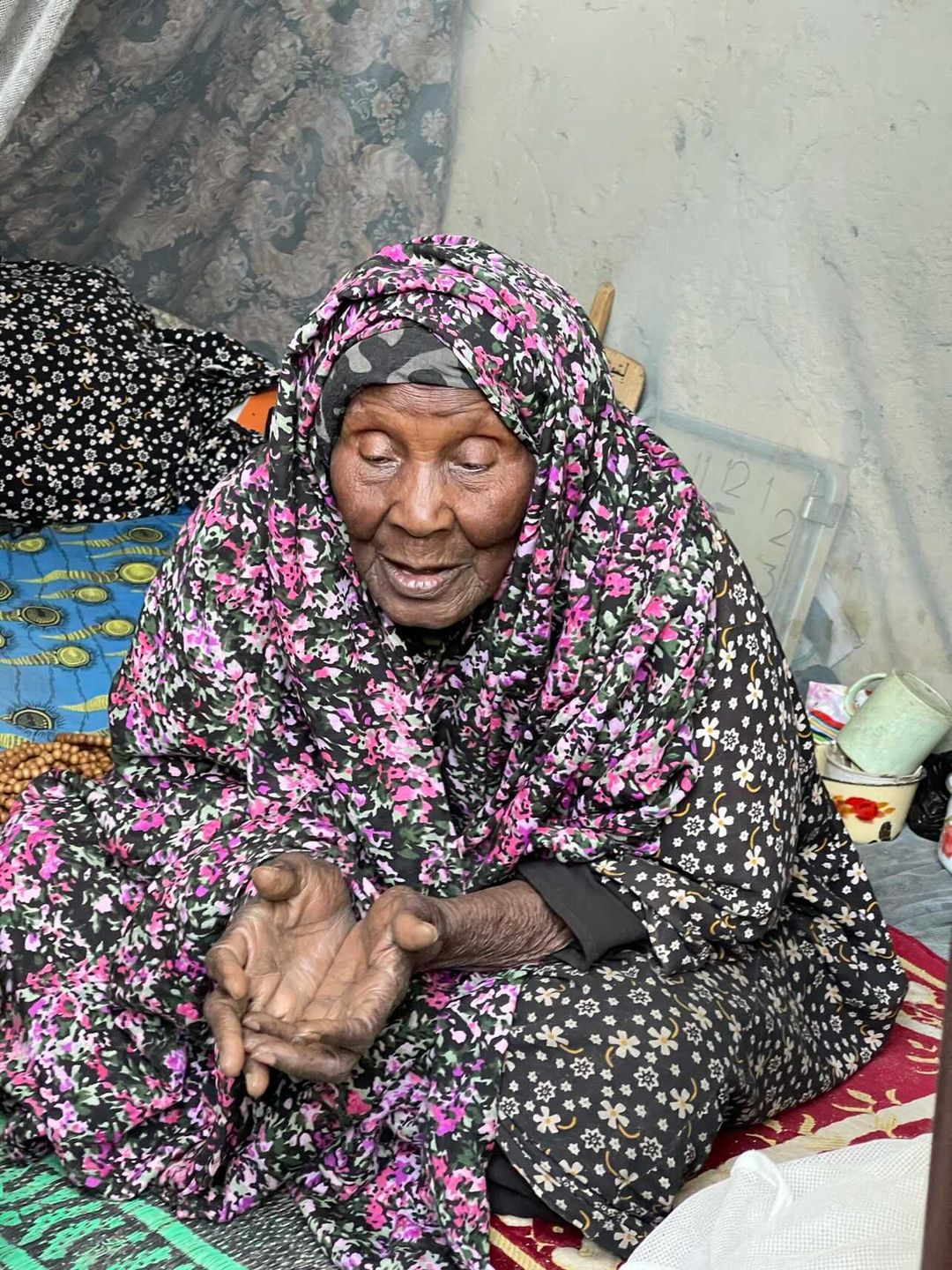Unlocking under Pressure
In Nigeria, there was a 34-day lockdown order by President Buhari on COVID-19 epicentre states Lagos and Ogun, as well as the Federal Capital Territory (FCT). On 22 April, all 36 state governors, aligning with the Federal Government, unanimously barred non-essential interstate travel nationwide for two weeks (Daily Trust, 2020). In spite of these efforts, Nigeria continued to witness a rise in the COVID-19 intensity coupled with a sharp decline in oil price. Despite being so embattled, the Federal Government on 4 May 2020 downgraded the lockdown in Lagos, Ogun and the FCT to a dusk-to-dawn curfew, while still maintaining restrictions on interstate travel.
The easing off, even in the face of an acute curve of infections, was precipitated by the devastating economic consequences of the lockdown on the citizenry, especially those who source livelihood from the informal sector. This was to be expected given that 48% of the 205 million Nigerians lived in extreme poverty (i.e. less than $1.90/day) prior to the lockdown (World Poverty, 2020). Thus, in light of stringent finances, small and medium scale entrepreneurs (SMEs) were caught between adhering to the lockdown and succumbing to the exigencies of economic pressure; both of which could equally save or take lives. Says Anietie Ewang, “Millions of Nigerians observing the COVID-19 lockdown lack the food and income that their families need to survive. The government needs to combine public health measures with efforts to prevent the pandemic from destroying the lives and livelihoods of society’s poorest and most vulnerable people” (Human Rights Watch 2020). Indeed, Mahler et al. (2020) estimate that the pandemic will push 23 million sub-Saharan Africans into extreme poverty (Fig. 1). Going by regional proportions, COVID-9 will force 5 million more Nigerians below the poverty level.

Measures Aimed at the Formal Sector
As part of efforts to mitigate the adverse effects of COVID-19 on the socio-economic activities of Nigerians, the Federal Government through its MDAs has embarked on several economic stimulus packages. A Presidential Task Force (PTF) was constituted on March 9, 2020 to coordinate Nigeria’s multi-faceted inter-governmental efforts towards arresting the spread of the virus and containing the impact on the populace. The PTF was charged with a two-pronged objective to protect the lives of citizens and to preserve the livelihoods of employees and employers of labour (OVPN, 2020).
As an initial response, President Buhari approved a financial injection of N15billion for the expansion of medical infrastructure (Lagos, N10billion and National Centre for Disease Control (NCDC), N5billion). Subsequently, he endorsed a fiscal stimulus package of N500billion to upgrade health facilities nationwide, facilitate a National Special Public Works Programme, and cater for contingency interventions. The NCDC also received N984million and a second tranche of N6.5million voted for the purchase of testing kits, the establishment of isolation centres and for the training of personnel (IMF, 2020). The Federal government similarly approved a three-month repayment moratorium (March through May, 2020) for all small scale business loans – TraderMoni, MarketMoni and FarmerMoni – drawn from the Bank of Industry, Bank of Agriculture, and the Nigeria Export Import Bank (Shittu & Co., 2020).
Nigeria’s Apex Bank, the Central Bank of Nigeria (CBN), has implemented measures such as adjusting its official exchange rate by 15%; reducing interest rates on all CBN intervention facilities from 9% to 5%; a liquid injection of N3.6 trillion (2.4% of GDP) into the banking sector to facilitate credit schemes; and the introduction of a regulatory forbearance for impacted sectors like the Oil & Gas, Agriculture and manufacturing (IMF, 2020).
In addition, the pandemic has elicited some compassionate waivers. The Association of Nigerian Energy Distributors, for instance, pledged that its members will distribute electricity at no cost for two months to all subscribers (ESI Africa, 2020) – though yet to be implemented. The Nigerian Customs Service has also suspended import duty on medical supplies such as personal protective equipment, medicines and allied equipment, till the post-pandemic era. In total, the Federal Government of Nigeria and its MDAs have committed N7.8 trillion to combat COVID-19. That is when the piecemeal contributions of different government organs are pieced together. This amounts to 5.2% of Nigeria’s GDP.
Individual and private sector contributions constitute another stream of funding for Nigeria’s COVID-19 containment efforts. In a wholesome display of benevolence, members of the National Assembly pledged three month’s salary (the Lower House) and half of monthly salary till the end of the pandemic (the Upper House) to the PTF. That came after 43 cabinet ministers donated half of their March, 2020 salaries. In similar acts of solidarity, there have been hefty financial and material donations to the PTF towards arresting the pandemic. By 6 April, the Coalition Against COVID-19 (CACOVID) comprising billionaires, companies and celebrities had donated a whopping $55.7million to combat the virus, not counting property ceded to government to be converted to isolation centres and gifts of ventilators. Though the COCAVID donation is yet the highest from the private sector in the continent (Africa Business, 2020), Nigerians, are however justifiably sceptical that the funds pooled by CACOVID and those injected by the government may not be put to judicious use.
Counterpart Nations and the Formal Sector
Despite committing 5.2% of her GDP to battle COVID-19, Nigeria has fared less than South Africa, whose government decisive devoted 10% of its GDP (R500billion) to COVID-19 containment (IMF, 2020). This timely and staggering financial commitment coupled with the moral will to enforce a total lockdown are pointers to South Africa’s more intentional approach to the war against the invisible virus.
In Ghana, Nigeria’s West African rival, the government has committed $100 million to the COVID-19 combat in the formal sector. Furthermore, a $210 million dedicated fund was infused into pharmaceutical and medical allied businesses under its Coronavirus Alleviation Program (IMF, 2020). In addition, the government has negotiated a delay of payments of interests valued at GHc1.2 billion ($268m) on non-marketable domestic bonds issued by public institutions. These measures though similar to are less valuable than the intervention of the Nigerian government in the formal sector. Although, it may be argued that Ghana’s interventions are commensurate with the size of her economy, which is six times less than that of Nigeria by sheer GDP projections (World Bank, 2020)
Kenya’s initial response to COVID-19 centred around increasing the disposable income available to its citizens by effecting a 100% tax relief for persons earning up to 24,000 Kenyan Shillings (Ksh); decreasing income tax (pay-as-you-earn) and corporate tax for micro, small and medium enterprises by 17% (IMF, 2020) against Nigeria’s reduction of the same by 44%. The Kenyan Revenue Authority, however, introduced other unparalleled innovations such as a reduction in value added tax (VAT) from 16% to 14%, as well as a payment of Ksh10 billion of verified VAT claims to enhance cash flow in SMEs (Oderemi, 2020). Furthermore, there was an expedient implementation of the Universal Health Coverage and recruitment of more health care workers to facilitate the control of the COVID-19 pandemic. Again, whereas in Nigeria, it was left to the members of the National Assembly to decide on salary reduction or forfeiture, in Kenya, the government imposed a compulsory but graduated reduction of salaries of public officers: National Executives such as the President and Vice president (80%), Cabinet Secretaries and Chief Administrative Secretaries (30%), and Principal Secretaries (20%) (Oderemi, 2020).
Please click the button below to read the complete article.


